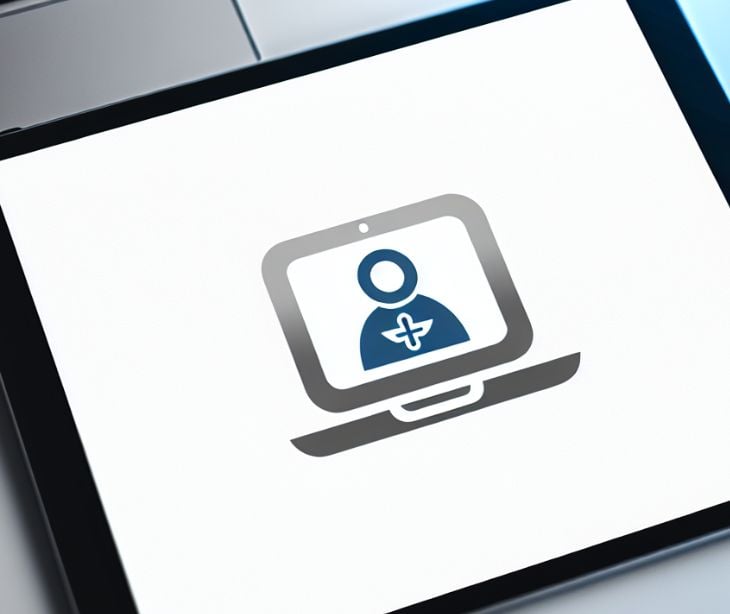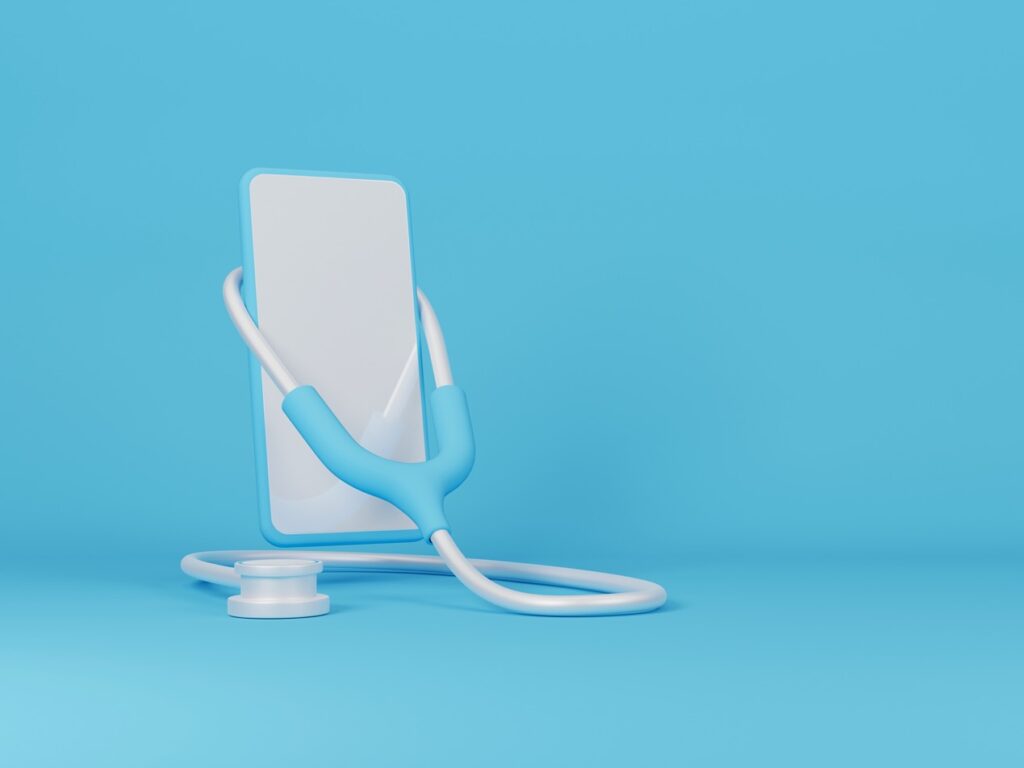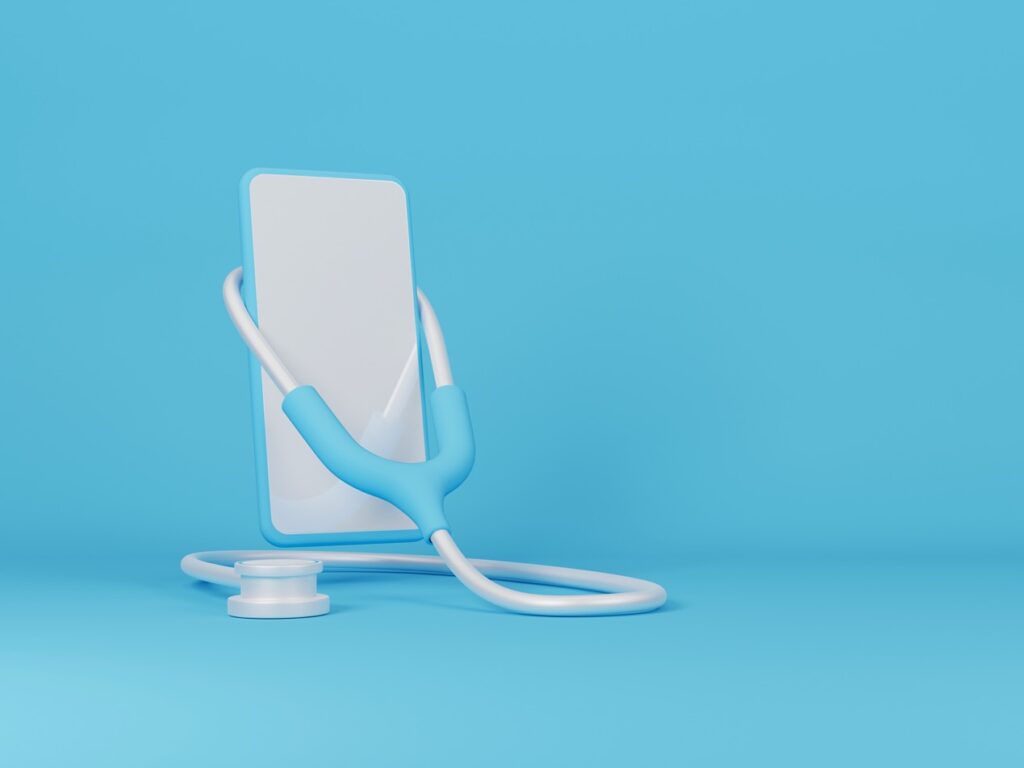
Telehealth has changed healthcare delivery, but it has also created new opportunities for fraudsters to exploit the system. Here are ten telehealth scams that made headlines:
1. The $10.6 billion "operation gold rush" catheter scam
In what federal officials called the largest transnational healthcare fraud scheme in history, foreign actors created a network of sham supply companies using stolen identities from over one million Americans. These companies rapidly submitted fraudulent Medicare claims for urinary catheters and other durable medical equipment (DME) without any patient contact. The scheme involved 19 individuals across multiple countries, with proceeds laundered through cryptocurrency and shell companies overseas. While $4.45 billion in fraudulent claims were initially flagged, Medicare supplemental insurers still paid out roughly $900 million before authorities intervened.
As U.S. Attorney General Pamela Bondi stated: "This record-setting Health Care Fraud Takedown delivers justice to criminal actors who prey upon our most vulnerable citizens and steal from hardworking American taxpayers."
2. Done Global's $100 million adderall distribution ring
The CEO and clinical president of Done Global were charged with running a $100 million scheme that prescribed over 40 million stimulant pills with little medical oversight. The telehealth platform targeted patients seeking ADHD medications through deceptive advertisements and structured their system to facilitate easy access to Adderall and other stimulants. Doctors were instructed to prescribe medications even when patients didn't qualify, with initial consultations mandated to last under 30 minutes. The company continued operating even after executives were aware that members had overdosed and died from the medications.
"They generated over $100 million in revenue by arranging for the prescription of over 40 million pills," said Principal Deputy Assistant Attorney General Nicole M. Argentieri. U.S. Attorney General Merrick Garland noted that the prescribed medications often had "no legitimate medical purpose."
3. The $1 billion DMERx platform conspiracy
Gary Cox, CEO of Power Mobility Doctor Rx (DMERx), operated an internet-based platform that generated false doctors' orders to defraud Medicare of over $1 billion. The platform connected pharmacies, DME suppliers, and marketers with telemedicine companies that accepted illegal kickbacks for signed orders. The fraudulent orders falsely represented that doctors had examined patients when they had either brief phone calls or no interaction at all. Cox and his conspirators concealed the scheme by eliminating "dangerous words" from orders that might trigger Medicare audits.
"The defendant orchestrated a scheme to defraud government health care benefit programs on a massive scale, creating fraudulent doctors' orders used to bill insurers over $1 billion," said Matthew R. Galeotti, Head of the Justice Department's Criminal Division.
4. Steven Richardson's $110 million DME telemarketing operation
The owner of Expansion Media and Hybrid Management Group ran a seven-year scheme involving medically unnecessary durable medical equipment, particularly back and knee braces. Richardson's companies worked with telemarketing firms to target Medicare beneficiaries, then paid medical staffing companies to find doctors and nurses willing to sign prepopulated orders without patient contact. The signed orders were sold to DME suppliers who submitted fraudulent Medicare claims, creating a profitable pipeline of unnecessary medical equipment.
5. Dr. Sophia Toya's $6.3 million orthotic brace fraud
Michigan physician Sophia Toya prescribed over 7,900 unnecessary orthotic braces to more than 2,600 Medicare patients despite having little to no contact with them. Some patients were wheelchair-bound yet were prescribed walking braces. The scheme was linked to deceptive TV advertisements and fake telehealth companies, resulting in $6.3 million in fraudulent Medicare payments. Toya was sentenced to four years in prison as part of Operation Rubber Stamp, a national telehealth fraud crackdown.
6. Arizona's $650 million addiction treatment scam
Farrukh Jarar Ali, operating from Pakistan and the UAE, orchestrated a massive Medicaid fraud involving at least 41 Arizona substance abuse treatment centers. The scheme recruited patients from Native American reservations and homeless populations in exchange for kickbacks, providing services that were either nonexistent or so substandard they lacked therapeutic value. Ali received $24.5 million in proceeds, using some funds to purchase a $2.9 million golf estate in Dubai.
DEA Acting Administrator Robert Murphy emphasized the broader impact: "Health care fraud isn't just theft — it's trafficking in trust. We're targeting the entire ecosystem of fraud — from pill mills in Texas to kickback clinics exploiting Native communities."
7. CompreCare Health's time falsification scheme
Connecticut-based telehealth provider CompreCare Health falsified time records to overbill Medicare for psychotherapy sessions that didn't meet minimum payment requirements. The company frequently sent unlicensed "Facilitators" instead of qualified nurse practitioners to treat nursing home residents. When nurse practitioners did appear, they often asked only three basic questions before claiming full session billing. The scheme included having facilitators point cameras at patients during social gatherings while claiming medical services were provided.
U.S Attorney Michael Bennett emphasized the seriousness of the violations: "Those who bill Medicare for timed services must do so accurately as we take these matters very seriously and will vigorously pursue claims that Medicare is being overcharged."
8. Cerebral's adderall prescription mill
Mental health telemedicine company Cerebral operated what prosecutors called an illegal prescription mill from 2019 to 2022, deliberately increasing prescription rates for controlled substances like Adderall. The company tracked how many initial visits resulted in controlled substance prescriptions and awarded bonuses to supervisors who delivered more prescriptions. They ignored employee concerns about illegal prescribing practices and failed to maintain proper controls against prescription diversions, allowing patients to obtain multiple prescriptions through duplicate accounts.
U.S. Attorney Breon Peace stated: "People seeking care for their mental health conditions should receive high-quality care that is not motivated or driven by greed."
9. Supportive Care Holdings' $4.6 million telehealth billing fraud
Supportive Care Holdings, LLC and its CEO Joseph "Dov" Newmark, along with 13 related healthcare companies, paid $4,595,739 to settle allegations of fraudulent telehealth billing to Medicare and Connecticut Medicaid. The companies improperly billed for "telehealth originating site facility fees" (HCPCS code Q3014) that should only have been billed by nursing homes providing the originating site services. Additionally, they submitted false claims for psychological services allegedly provided to nursing home residents who had actually been transferred to hospitals as inpatients. The settlement covered fraudulent conduct from 2019 to 2023.
"As telehealth plays an increasingly important role in our health care system, it is critical that health care providers follow the relevant rules and bill for such services accurately and honestly," said U.S. Attorney Avery. "The U.S. Attorney's Office will vigorously investigate any provider that submits fraudulent claims related to telehealth services, as this misconduct increases the cost of health care for all of us."
Roberto Coviello, Special Agent in Charge of the U.S. Department of Health and Human Services, Office of Inspector General, emphasized: "Our federal health care system relies on the basic principle that providers bill properly and follow the rules, and the taxpayers who fund the Medicare and Medicaid programs deserve nothing less."
10. Dr. Christopher Bjarke's $18.6 million genetic testing kickback scheme
Renton, Washington physician Christopher B. Bjarke pled guilty to conspiring to accept kickbacks in a fraudulent genetic testing scheme targeting elderly Medicare beneficiaries. Bjarke ordered medically unnecessary genetic tests for patients he wasn't treating and had no physician-patient relationship with, connecting with beneficiaries only through brief telemarketer-facilitated phone calls. The laboratories then billed Medicare for the tests while another company billed for purported "telemedicine" visits, sometimes costing tens of thousands of dollars. Bjarke's orders resulted in over $18.6 million paid by Medicare, while he received $167,996.73 in kickbacks between December 2020 and September 2021.
"Health care fraud and kickback schemes are serious public health and safety problems," said U.S. Attorney Waldref. "They divert precious public funds away from treating patients, drive up the cost of health care services, and undermine trust in our health care system, often putting quality health care beyond the reach of those who need it the most. Telemarketing schemes that target and exploit the elderly are especially pernicious because they prey on those who are often most in need of a doctor's independent judgment that is not tainted or biased by the doctor's own personal financial interest."
Richard A. Collodi, Special Agent in Charge of the FBI's Seattle Field Office, emphasized the broader impact: "Dr. Bjarke placed making money above the welfare of patients and preyed upon elderly and vulnerable members of the community. This conspiracy not only victimized taxpayers via Medicare, but also impacted the patients, who underwent unnecessary medical screenings, thereby affecting their peace of mind."
The aftermath
The schemes have common patterns: exploitation of vulnerable populations, abuse of telehealth's convenience and distance, and international money laundering operations.
CMS Administrator Mehmet Oz highlighted the proactive approach being taken: "We're not waiting for fraud to happen — we're stopping it before it starts," noting that the agency's real-time analytics prevented more than $4 billion in improper payments.
The COVID-19 pandemic accelerated telehealth adoption but also created new opportunities for fraud. As federal prosecutors continue their crackdowns, they're implementing new technologies including AI-powered fraud detection systems and data fusion centers to identify suspicious patterns before billions more are stolen.
FAAQs
Why do telehealth scams often involve durable medical equipment (DME)?
DME offers high reimbursement rates with limited direct oversight, making it a prime target for fraudsters.
What happens to patients whose identities were used in fraudulent telehealth schemes?
They may face medical identity theft consequences, including billing errors and compromised health records.
How do overseas actors gain access to U.S. telehealth billing systems?
They exploit weak identity verification processes, purchase stolen data, and operate through fake provider networks.
What kind of penalties do healthcare professionals face for participating in telehealth fraud?
They can face prison time, loss of medical licenses, heavy fines, and permanent exclusion from federal healthcare programs.
Subscribe to Paubox Weekly
Every Friday we bring you the most important news from Paubox. Our aim is to make you smarter, faster.




